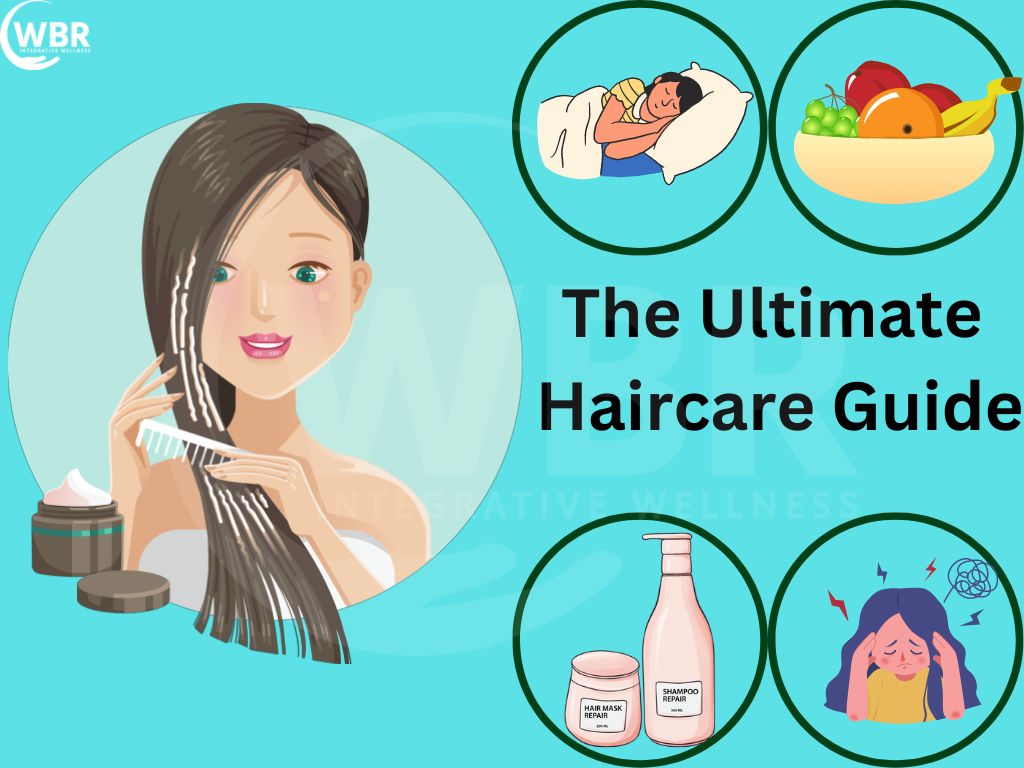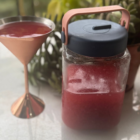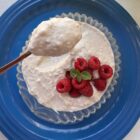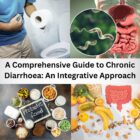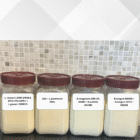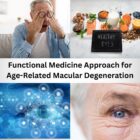The Ultimate Haircare Guide
Hair care plays a significant role in our appearance and personality. Unfortunately, many people nowadays are losing their hair from the early stages. Hair loss can be because of stress of serious illness or injury, parasites, heavy metal toxicity, protein, iron, zinc, or biotin insufficiency, anaemia, rapid weight loss, low calorie diet, hormonal imbalances and thyroid disease or as a result of medications. Normal hair loss is considered to be 50–100 hairs per day. Here in this blogs we share some of powerful tips to prevent hair loss.
Symptoms
Hair loss may appear in several ways depending on the cause. Moreover, it can also appear suddenly or gradually. Some of these signs and symptoms are listed below.
- Gradual thinning on the top
- Bald spots
- Sudden loss of hair
- Full body hair loss
- Scaling patches
Causes
People usually lose 50 to 100 hairs in a day. We normally do not notice it as new hair starts growing simultaneously. Hair loss takes place if new hair does not replace the fallen one. Hair loss is specifically related to one or more of the following factors.
Hereditary: Hereditary is One of the most common causes of hair loss that happens with aging. Occurs gradually with predictable patterns.
Hormonal Changes: Hormonal changes during pregnancy and childbirth can cause permanent or temporary hair loss. When hypothyroidism and hyperthyroidism are severe for a long time, they can cause hair loss. In such cases, hair loses from the entire scalp and not discrete areas. With successful thyroid treatment, re-growth is seen. However, nails several months and yet left incomplete.
Medical Conditions: Medical conditions such as scalp infections can trigger hair thinning and loss.
Medication: Hair loss can also happen as a side effect of some drugs, such as antidepressants.
Radiation on the Head: Scalp gets exposed to radiation hair loss takes place. Moreover, hair may not grow back the same way as before.
Stress: People normally experience hair thinning and loss after some stressful events. Fortunately, this type of loss is temporary.
Hairstyling: Excessive styling may pull your hair tight and can result in hair loss.
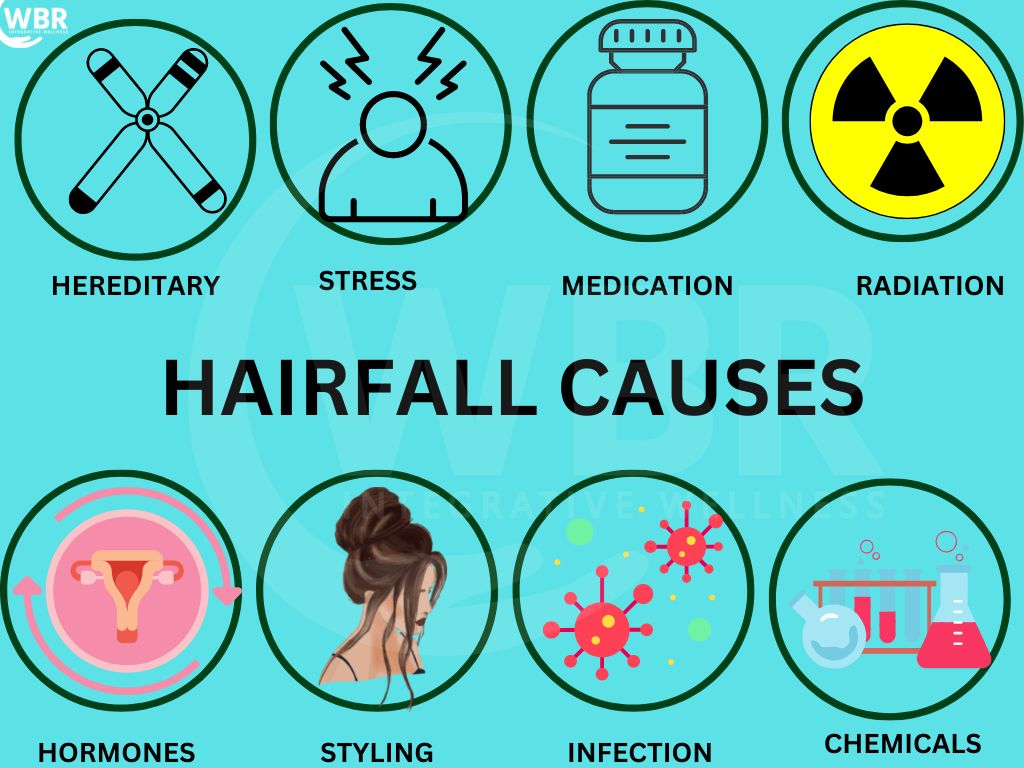
Hair Care With the Help of Nutrition and Lifestyle Changes
Most of us view healthy-looking hair as a symbol of health and beauty. Moreover, the hair also needs various nutrients like any other body part. Optimal nutrient intake plays a crucial role in maintaining healthy hair. Keep reading to understand what all different nutrients are needed.
Nutrition
Maintaining an overall nutritious diet is essential if you want your hair to be healthy and luscious. However, limited research proves that healthy people need supplements to promote their hair growth. But we must note that nutrition deficiency is always associated with hair loss. In such instances, supplements may offer benefits.
B Vitamins
Riboflavin, biotin, folate, and Vitamin B12 play a vital role in hair care. Individuals with restrictive diets are prone to deficiencies. Vitamin B12 deficiency is very commonly seen in older adults and people following a vegan diet. Hence supplement intake is suggested.
Vitamin C
Vitamin C is a powerful antioxidant. It plays several important roles that affect hair health, including
Vitamin C contributes to the synthesis of collagen, which contains amino acids used to build Keratin. Keratin is an essential part of the hair structure. It helps to enhance the absorption of iron. It protects hair from oxidative stress, which can cause hair loss. However, vitamin C deficiency is rare as people will likely get enough Vitamin C through the diet.
Vitamin D
Vitamin D deficiency can cause hair loss. But there is limited research supporting Vitamin D supplements for hair growth. Most of us cannot get enough Vitamin D through diet alone. Hence supplement intake is suggested.
Iron
Iron is a crucial mineral supporting several bodily functions, including oxygen carrying to the tissues throughout the body. Deficiency leads to anaemia, a major cause of hair loss, especially in women.
Zinc
Zinc is another vital mineral that contributes to DNA synthesis, immune function, and wound healing. Deficiency leads to hair loss.
Probiotics
Probiotics help to build bacteria around the intestine. These help to improve thyroid gland performance and improve metabolism. It helps to balance hormones and increase hair growth.
Omega 3 Fatty Acids
Omega 3 fatty acids provide essential nutrients for hair and skin follicles. These help to prevent hair follicle inflammation, which is directly responsible for hair loss. They also promote circulation in the scalp promoting hair growth.
Note:
- Coenzyme Q10 Plus 60 mg a day and coenzyme A helps to improve scalp circulation and increases tissue oxygenation.
- Dimethylglycine 100 mg a day is good for circulation.
- Kelp 500mg a day supplies all the needed minerals for hair growth

Herbs
- Apple cider vinegar and sage the all the best to improve hair growth.
- Tea tree oil helps to combat infections. Massage this oil on the scalp and then shampoo in your usual fashion.
- Green tea, pygeum saw, and palmetto has the capacity to reduce hair fall in men.
- Consider Gingko Biloba for good circulation.
Lifestyle Changes
People have realized the importance of hair health over the years. We must set a good hair regimen that helps to make your hair better. Here we discuss several significant factors along with tips and tricks.
Understanding Hair Type
It is crucial to understand hair types to choose suitable products and treat them accordingly. We must notice if the scalp is oily, dry, or normal. Also, see if the hair is frizzy, wavy straight, has split ends, or damaged.
Chemicals and Styling Products
No chemicals give good hair. Try to avoid all chemicals that are present in styling sprays and other products. These products only ruin your hair later. We can use aloe Vera, coconut milk, and other Organic products in their place.
Maintaining Scalp Health
Most of us take scalp health for granted. A healthy scalp is a result of a good lifestyle and eating habits. However, regular hair washing is a good habit but can also affect the quality and texture. Washing your hair too less can lead to an oily scalp. Hence the number of washes should always depend on activity level, humidity in your country, and lifestyle. Washing once 2 to 3 days is just appropriate.
Shampoo and Conditioner
Most of us get confused while choosing shampoo and conditioner. There are several brands available, making it more challenging. Always remember the shampoo you choose must be free of chemicals. It is better to go with grandma’s recipes.
Good Oil Massage
A good massage with warm oil helps to increase circulation on the scalp. It also helps to strengthen the follicle. This is very important to reduce hair fall and promote hair growth. It also helps to deal with other problems such as frizzy hair, dull hair, dandruff, etc. There are many oils for massage, including
Blow Drying
It is always convenient to dry using blow dryers. However, it causes a lot of damage to your hair. It is always advisable to air dry your hair because direct exposure to perpetual heat can tamper with your hair quality. Try to stay away from straightness or other stylers.
Hard Water
Most of us may not know that hard water makes your hair rough and brittle. So it is good to use shower filters that reduce or remove hardness in the water. These filters reduce the Sodium and chemical amount before it touches your scalp.
Hair Oil
Getting a good head massage once every ten days using a mixture of hot coconut oil and olive oil topped with castor oil gifts your scalp good circulation. Do not heat castor oil. You can also add curry leaves. Wait till they turn black. You can also add garlic and onion paste to reduce hair fall. Keep the oil for one or two hours before washing. Doing this once a week gives you results.
Hair Colour
Colouring your hair can be fascinating, but it causes immense damage. Avoid colouring as much as possible when trying to maintain good hair health.
Recommendations
- Include a lot of fruits and vegetables in your diet as they are rich in antioxidants and flavonoids and help to protect hair.
- Include biotin food or supplements as they give you healthy hair and skin. Brewers yeast, brown rice, and sunflower seeds are some sources of biotin. Be careful with brewer’s yeast, as it can cause allergies in some individuals. You can start in small quantities and increase later.
- Soybeans are a good addition to your diet as they inhibit the formation of dihydrotestosterone hormone, which is implicated in the process of hair loss.
- Never eat raw eggs, as this can cause Salmonella infection.
- Lying down on a slant board gives massage to the scalp.
- Check for shampoo and conditioner containing biotin and silica. Aloe vera gel, Jojoba oil, and vitamins C and E are very good for hair growth. For healthy hair, always use conditioners containing chamomile marigold ginseng passion flower.
- When you are using artificial products, be careful about acidic reactions, especially pH-balanced formulas.
- Be careful with your Wet hair as it will be fragile.
- Cover your hair from sunlight and seawater, as they can harm you.
- Avoid crash diets as they can develop nutrition deficiency.
- Taking large doses of Vitamin A can also trigger hair loss. Stopping it will reverse and help their growth.
- During pregnancy, the body has a high concentration of metals. It causes hair loss.
- Autoimmune diseases and hypothyroidism causes hair loss.

Important Facts
- Essential fatty acids help to improve hay texture and prevent dry and brittle hair.
- Raw thymus glandular 500 mg a day helps to stimulate immune function and helps to improve glands functioning capacity.
- Ultra hair care from nature’s Plus has all the nutrients needed for hair growth. If hair fall is severe, using this Complex alone gives good results.
- Vitamin B3 50 mg three times a day, vitamin B5 50 mg three times a day, and Vitamin B6 50 mg three times a day. B vitamins are very important for healthy hair growth.
- Biotin 100 MG twice a day. Most of the deficiencies are linked to skin disorders and hair loss.
- Inositol and MSM help to manufacture keratin. Keratin is a key protein major component of hair.
- Vitamin C with bioflavonoids 3000 to 10,000 mg a day. It helps to improve scalp circulation and antioxidant action in the hair follicles.
- Vitamin E 200 IU daily or 400 IU on alternate days helps to increase oxygen uptake. Thus improving circulation and hair growth.
- Zinc 50 to 100 mg a day helps to stimulate hair growth and enhances immune function. Never exit this amount.
Conclusion
Hair Care is very important not only for appearance but also for overall hygiene. Healthy hair gives us the best look. You can achieve healthy hair only when your scalp and hair are healthy. Hair shows a significant impact on self-esteem. It also helps to boost self-confidence. Moreover, hair is a reflection of our overall health. When your hair is healthy, you are physically and mentally well. With proper maintenance, diet, and lifestyle, hair can always be vibrant.
References
https://www.ncbi.nlm.nih.gov/pmc/articles/PMC4387693/
https://www.researchgate.net/publication/316266265

